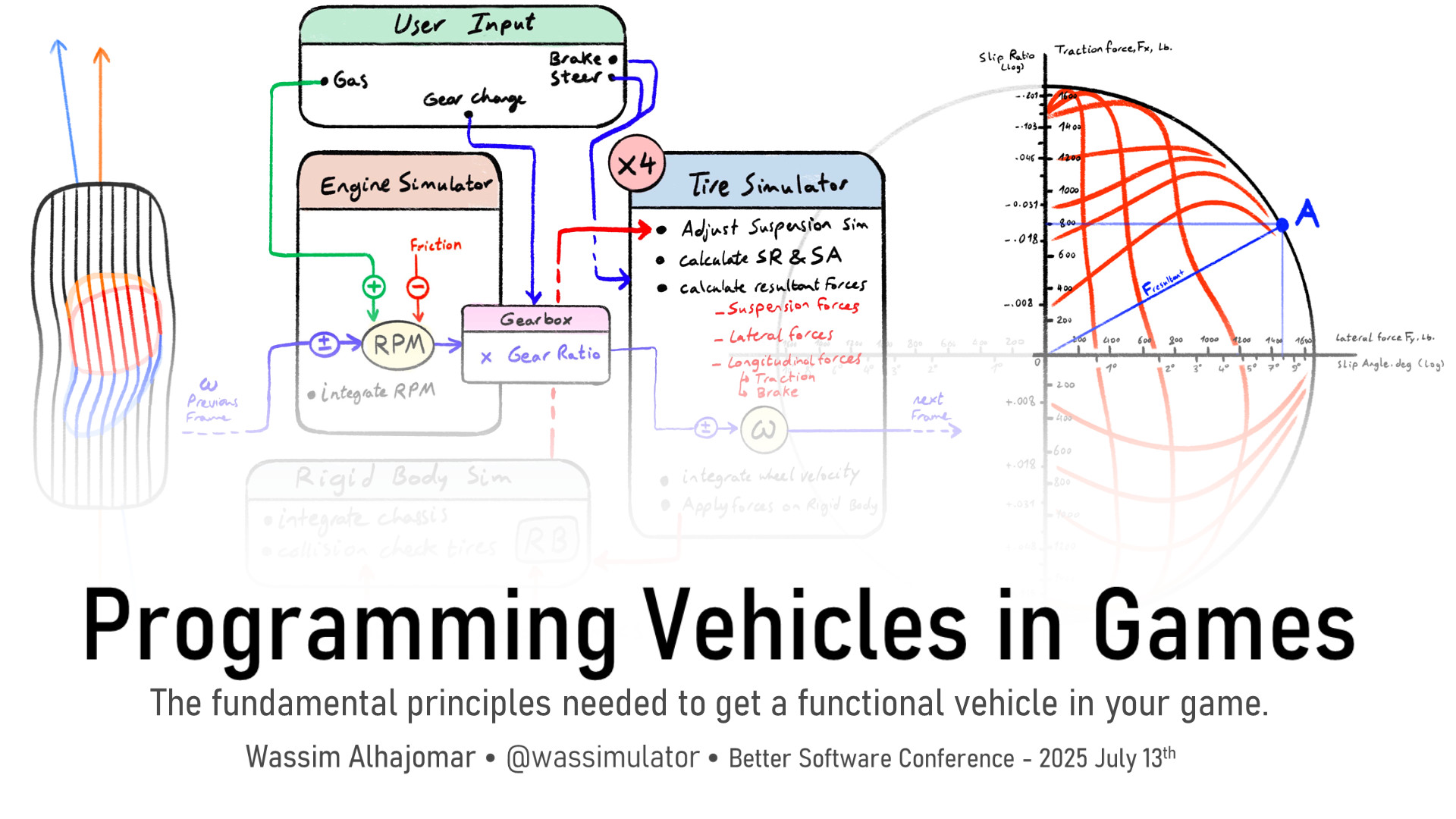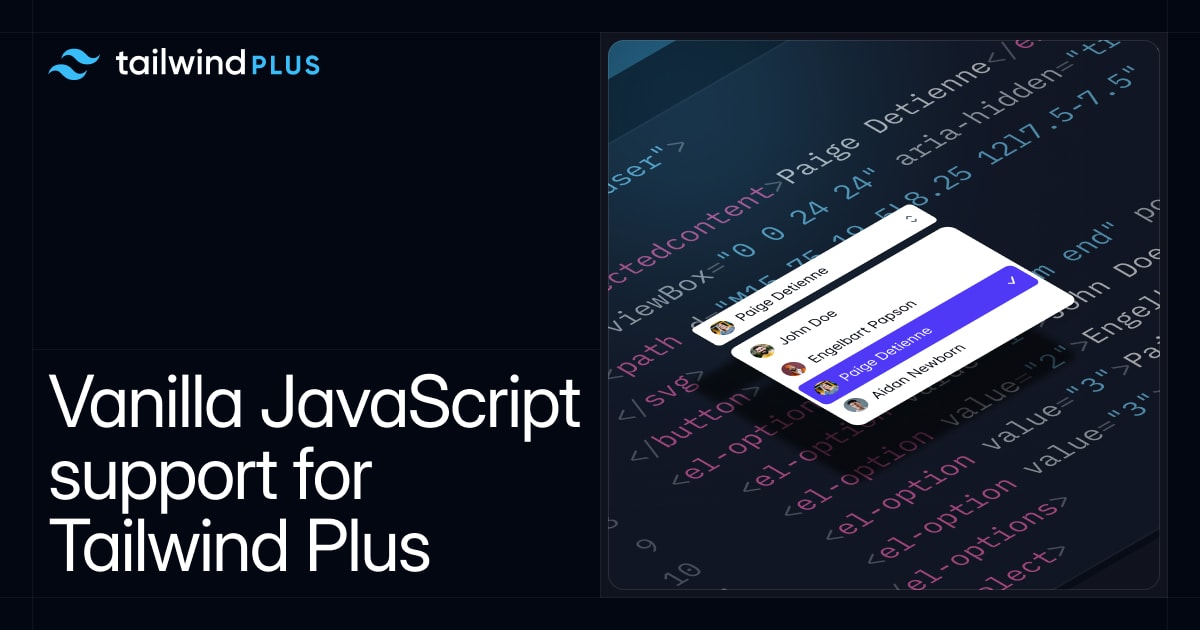Stop Using AI to Cut Corners: Your Boss Knows
A seasoned professional expresses concern about employees' over-reliance on AI for writing. With extensive reading and writing experience and years of working with LLMs, he can easily detect AI-generated text. He argues that over-reliance on AI reduces efficiency and deprives employees of the learning and critical thinking involved in writing, ultimately resulting in lower quality work. He encourages employees to invest time in crafting their work, expressing their thoughts in their own words, and showcasing their personal value.











